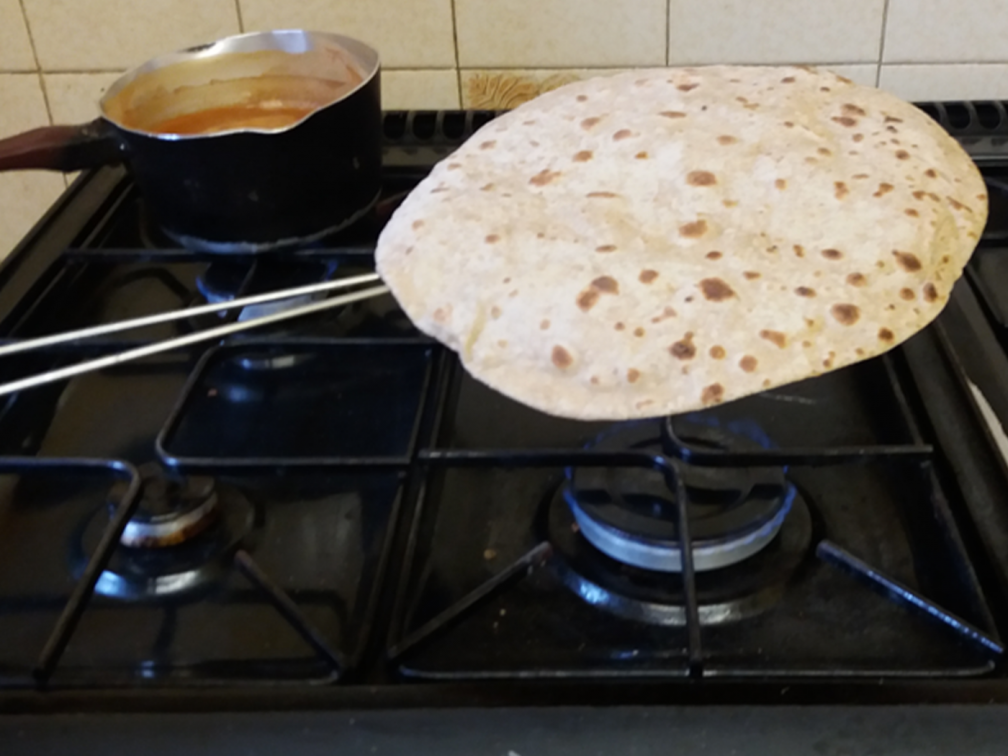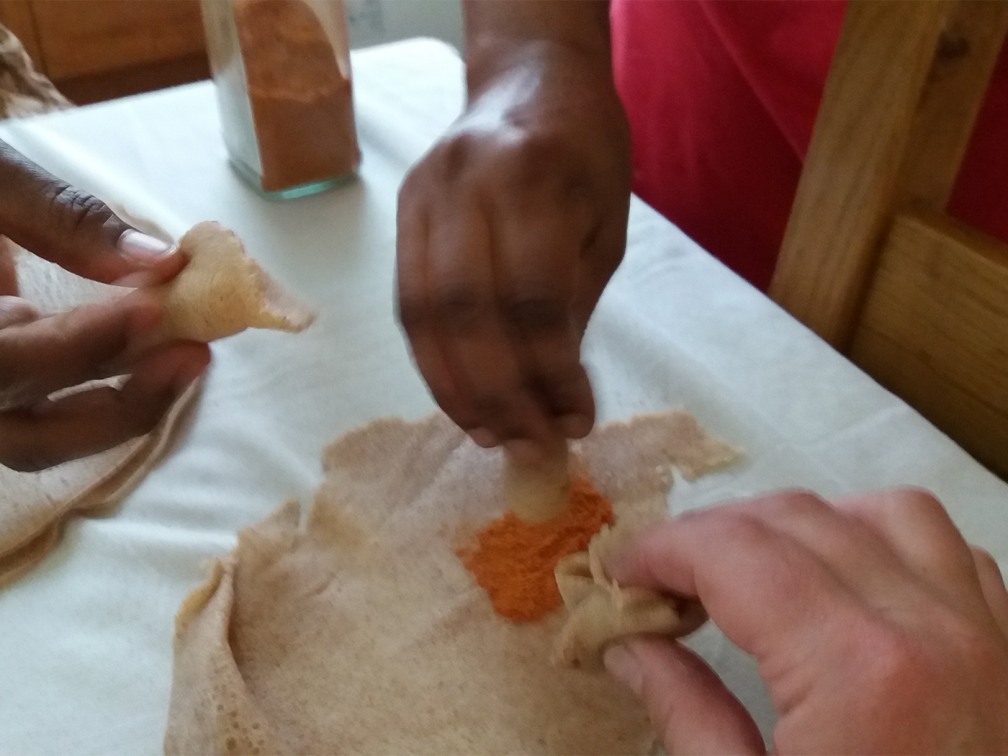It was during an activity-packed week we had planned to commemorate refugee week that an unwanted ‘visitor’ arrived in the house. Fatima house is a place of sanctuary for people with insecure immigration status. A house that offers shelter to vulnerable women who face many adversities. Unfortunately, a virus arrived, it was the Coronavirus!
The craft activity had been set up outside in the garden. Two women, from a distance, signalled they were not joining in because they had hay-fever like symptoms. I suggested that they take a lateral low test, just to be sure. To their surprise -and mine- they both tested positive for Covid-19. Immediately tears rolled down their eyes and their facial expressions revealed an overwhelming feeling of terror. ‘Am I going to die?’ One of them muttered.
What followed these positive results was complete chaos and fear around the house. It meant that for the next 10 full days nobody could leave the house and arrangements needed to be made for food to be brought in. Now, that is manageable, albeit with some level of difficulty, in an ordinary household, but it’s an added challenge when it involves a house of multiple occupancy with people from six different backgrounds.
After the initial shock and some re-organization, what I witnessed in the house was solidarity, generosity and companionship amongst the women. Housemates were able to put behind some of their differences and support each other, particularly those affected by the virus. They reassured one another that all would be well and that no one else would be infected. They stepped up the cleaning and sanitation around the house, cooked meals for each other and more importantly, cheered one another up. Thankfully, the virus was contained and no one else got infected.
After completing 10 full days of isolation the two affected women were able to leave their room and were full of words of appreciation for the efforts and support received. What caught my attention was a spontaneous and emotional embrace that one of the women gave to the other. One is a Pakistani Muslim and the other is an Eritrean Christian Orthodox. Both come from very different backgrounds and faith-traditions and have had diverse life-experiences. One cooks chapattis every morning, while the other prepares injera (Eritrean type of flat bread). None of them really like each other’s bread, and both speak very limited English. Despite this, they get on very well and care for each other. They sit at the kitchen table for hours while each one eats their own food. Often, but to not avail, they try to persuade the other to eat each other’s food!
This again reminds me of the small concrete gestures of sisterly love and social friendship, which Pope Francis highlights in his latest encyclical Fratelli Tuti, where he invites us to dream together as a family. A dream where we are ‘called to live together as brothers and sisters, to fill the earth and make known the values of goodness, love and peace’. The embrace that I witnessed between the two women at Fatima house was a genuine expression of concern and love that a friend had recovered from a ‘scary’ virus. It was a joyful moment that gives us hope that despite our differences, we can live together in harmony.
“A new commandment I give to you, that you love one another: just as I have loved you, you also are to love one another.
”


